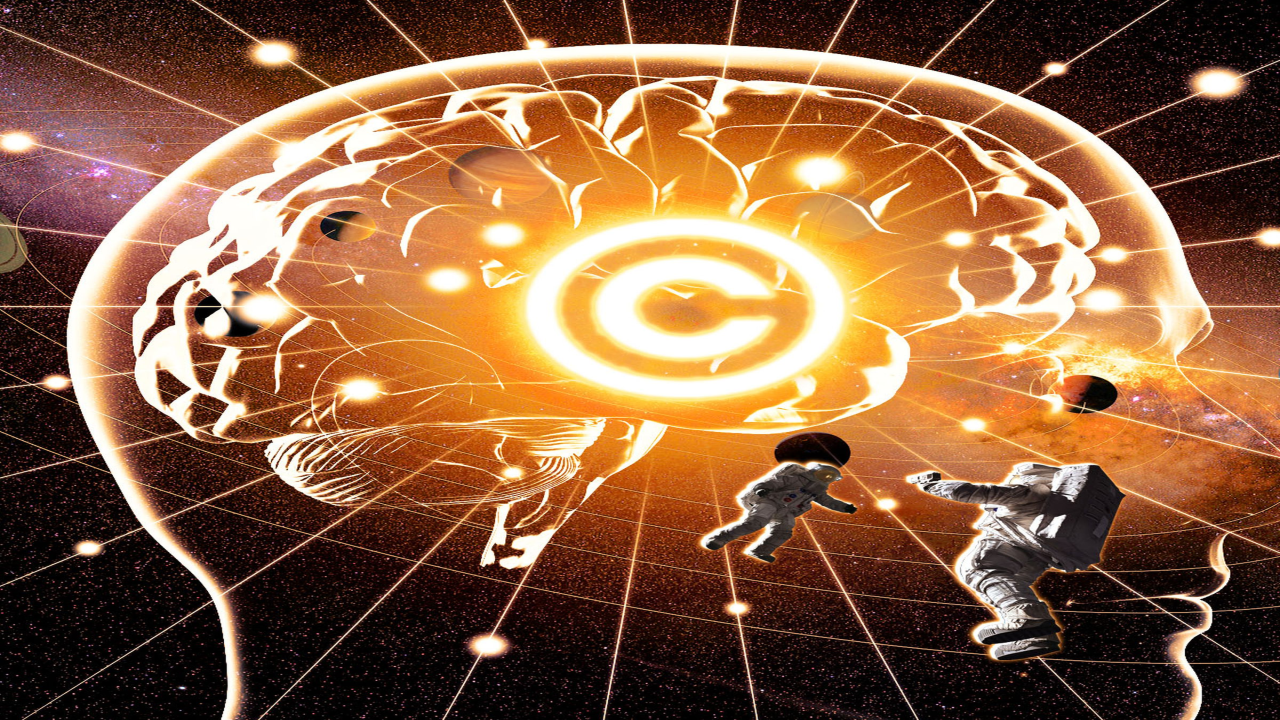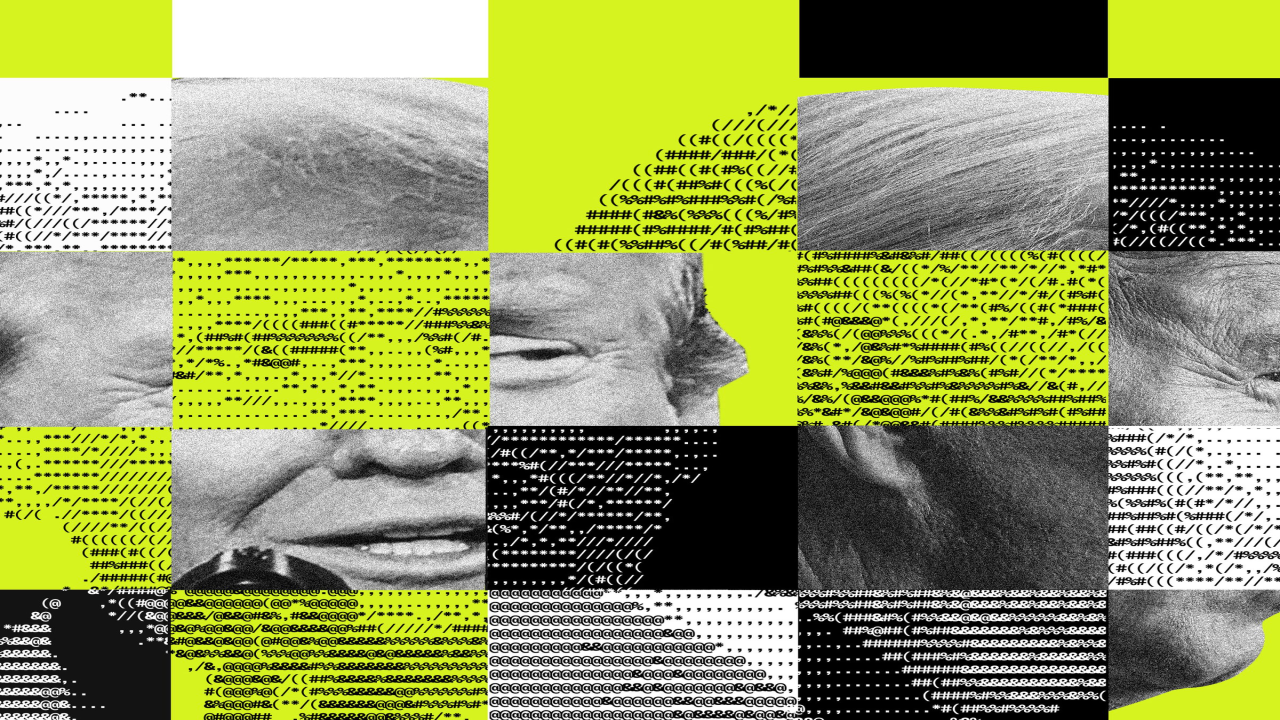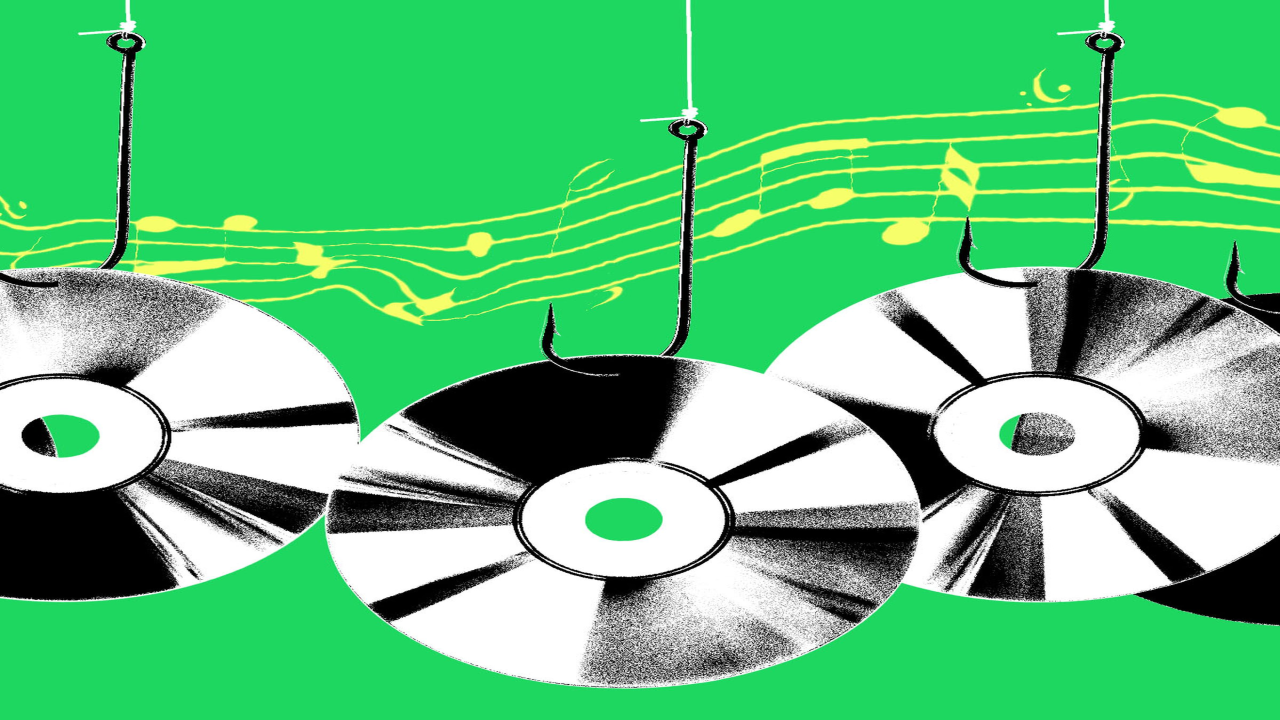OpenAI's Publisher Deals: A New Era in Copyright Management
Explore how OpenAI's recent publisher deals aim to navigate copyright challenges and reshape the future of web content access. Discover the implications for AI and publishers alike.

In recent months, OpenAI has made headlines with its strategic deals with major publishers. These agreements come on the heels of significant copyright challenges that the company faces, particularly regarding the data used to train its AI models. This article delves into the implications of these deals, exploring how they may reshape the landscape of content access and usage in the digital age.
Understanding the Copyright Landscape
The digital revolution has transformed how content is created and consumed, but it has also blurred the lines of copyright ownership. OpenAI's AI models, which have seen immense advancements, were initially trained on a vast array of internet content, including material from prominent publishers. This has sparked legal disputes, with many publishers claiming infringement of their copyrights. OpenAI's recent moves to negotiate deals with these entities suggest a proactive approach to mitigating legal risks and ensuring smoother operations moving forward.
The Rationale Behind the Deals
At first glance, it may seem counterintuitive for OpenAI to pay publishers for content it has already accessed. However, these deals can be seen as both a preventive measure against lawsuits and a means to enhance the capabilities of its AI products. By securing access to real-time information, OpenAI can improve the accuracy and relevance of its AI responses, making them more valuable to users.
Moreover, these agreements create a legal framework that allows OpenAI to continue using this content under agreed-upon terms, potentially reinforcing its fair use argument in ongoing litigation. The publisher deals not only provide a safety net for OpenAI but also open new avenues for collaboration that could redefine content usage in AI training.
What Publishers Gain from These Agreements
For publishers, these deals offer a much-needed lifeline in an era where traditional revenue streams are under pressure. By partnering with OpenAI, they can secure compensation for their content while retaining control over how their material is used. This shift may also empower smaller publishers who have struggled to negotiate terms with larger tech companies.
Additionally, these agreements provide publishers with a platform to ensure their content is presented accurately and responsibly. As AI-generated responses become more integrated into search results and user experiences, publishers can benefit from a direct connection to the data that drives these technologies.
The Future of AI and Search
OpenAI's push to enhance its AI capabilities through publisher partnerships also serves a broader purpose: reshaping the future of search engines. As the landscape of digital information continues to evolve, the quest for high-quality, accurate content is becoming increasingly important. OpenAI is positioning itself to fill the void left by traditional search engines, which have faced criticism for providing unreliable or superficial results.
The introduction of AI-native search engines presents a unique opportunity to prioritize credible sources and eliminate low-quality content that often clutters search results. By collaborating with publishers, OpenAI can ensure that its AI tools not only deliver information but do so in a way that respects copyright laws and promotes ethical content usage.
Challenges Ahead
Despite the potential benefits of these publisher deals, significant challenges remain. Legal battles over copyright issues are likely to continue, and the outcomes of these cases could reshape the entire content landscape. If major publishers win their lawsuits, it could lead to stricter regulations on how AI companies access and utilize copyrighted material.
Furthermore, the sustainability of these deals hinges on the willingness of publishers to engage with AI companies. If negotiations falter or if companies like OpenAI fail to demonstrate the value of their partnerships, the future of AI training and content usage could face significant hurdles.
Conclusion
OpenAI's recent publisher deals signify a pivotal moment in the ongoing conversation about copyright management in the age of AI. By fostering collaboration with content creators, OpenAI is not only addressing legal challenges but also paving the way for a more responsible and accurate use of digital content. As the landscape continues to evolve, these agreements may set a precedent for how AI companies navigate copyright issues and work alongside publishers to create a more sustainable future for all stakeholders involved.
What's Your Reaction?





















